The cold winter months bring on the holidays, a time for holly jolly joy, but they can also bring hazards too. Between the family traveling, winter weather, and getting out of the normal routines, winter can cause some discomfort not only for us but for our pets as well. That’s why it’s so important to prep them the best you can ahead of time.
Dr. Christina Rahm, a passionate pet lover and the creative mind behind the Bill and Coo nutraceutical product line formulated specifically for animals, offers her tips on winter health and safety for your pets.
Keep Pets Cozy Indoors
Dr. Rahm says, “If it’s too cold for you, it’s probably too cold for your pet.” If left outdoors for long periods of time without proper shelter, pets can freeze to death or die from starvation or dehydration. The Humane Society also notes that “pets who spend a lot of time outdoors need more food in the winter because keeping warm depletes energy. Routinely check your pet’s water dish to make certain the water is fresh and unfrozen. Use plastic food and water bowls; when the temperature is low, your pet’s tongue can stick and freeze to metal.”
If they typically stay indoors, Dr. Rahm recommends keeping their beds away from drafty areas or too close to heaters or fireplaces, which can pose burn risks. You can use pet-safe heating pads or blankets for additional warmth if needed.
Winter-Proof Your Walks
No matter the weather, dogs love to go on frequent walks and outside for exercise, but it’s up to you to ensure they do it safely. Windchill can cause frostbite or hypothermia to exposed areas like noses and ears, so Dr. Rahm advises you to make sure to evaluate the weather before you head out on your walk. If you have a pet that is short-haired or elderly, you may need to limit their outdoor exposure or opt for a sweater or coat to help hold in heat.
During freezing weather and snow, salt and ice irritation can occur on sensitive dog paws, so adding pet-friendly booties or paw balms helps reduce that. And when you return home, she recommends wiping down all paws with a damp cloth so your pet doesn’t lick them and irritate their mouth. Also, as the daylight gets short and it begins getting darker sooner in the evening, put reflective gear on yourself and your pet to ensure oncoming traffic can see you at night.
Watch for Holiday Hazards
New environments can be exciting for pets but can also pose new risks. With the holidays, homes are adorned with festive plants like mistletoe, holly and poinsettias, and curious pets may get into them. However, as PetMD notes, these plants can be toxic to pets. Dr. Rahm suggests you either avoid buying any of the ones listed altogether, make sure they are out of reach, or buy faux versions! If you have a real holiday tree, secure its water, as drinking stagnant tree water, which may contain harmful bacteria or chemicals, can be harmful to pets. Also, secure holiday decorations, especially ornaments and tinsel, which can be choking hazards or break and leave sharp material on the floor.
If left unattended or in places where excited animals may knock them over, lit winter-scented candles can cause a serious fire hazard. If you’re hosting or going to a holiday party with animals, she recommends you ensure the food is high enough on tables or covered so they don’t accidentally eat toxic foods like chocolate, onions or grapes. And with friends and family coming in and out of the house with festive gatherings, take precautions to avoid your pets slipping out the door. Also, make sure to keep their ID tags updated, just in case.
Boost Immune Health During Cold Months
Like humans, cold weather can weaken pets’ immune systems, making them more likely to get sick from viruses and airborne illnesses. Dr. Rahm states, “It’s important to do regular check-ups during the winter to detect any seasonal health issues. At any sign of illness, make sure to make an appointment with your vet because some medical conditions can worsen, and symptoms can be exacerbated by the cold.”
As a preventative measure, you can give supplements or dietary adjustments that support a pet’s immune system. Companies like Bill and Coo have a variety of nutraceutical products that assist in this, such as prebiotic supplements that help promote gut and digestive health and boost the immune system, as well as supplements that help protect your pets from aging and disease.
Winter is the time for all your loved ones to come together, including your pets! While it is a fun time of the year, it is essential to keep everyone’s safety in mind so you can celebrate a little more stress-free.

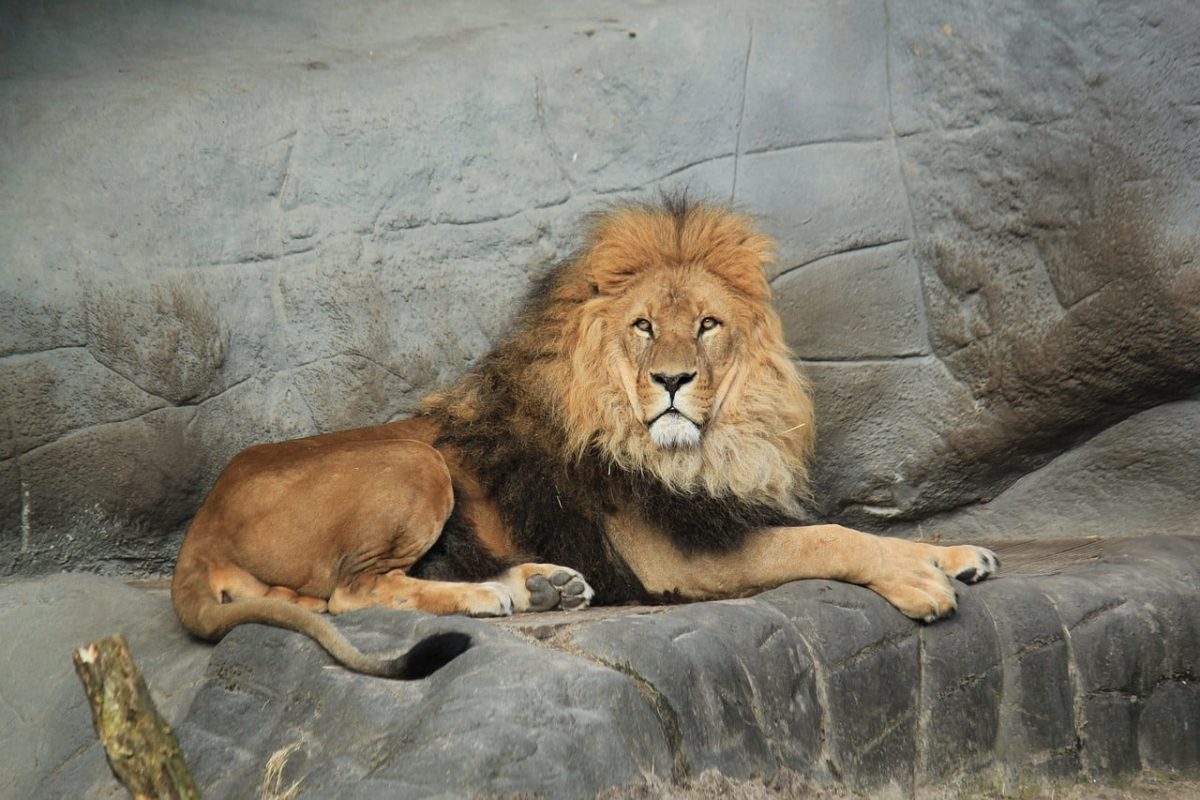
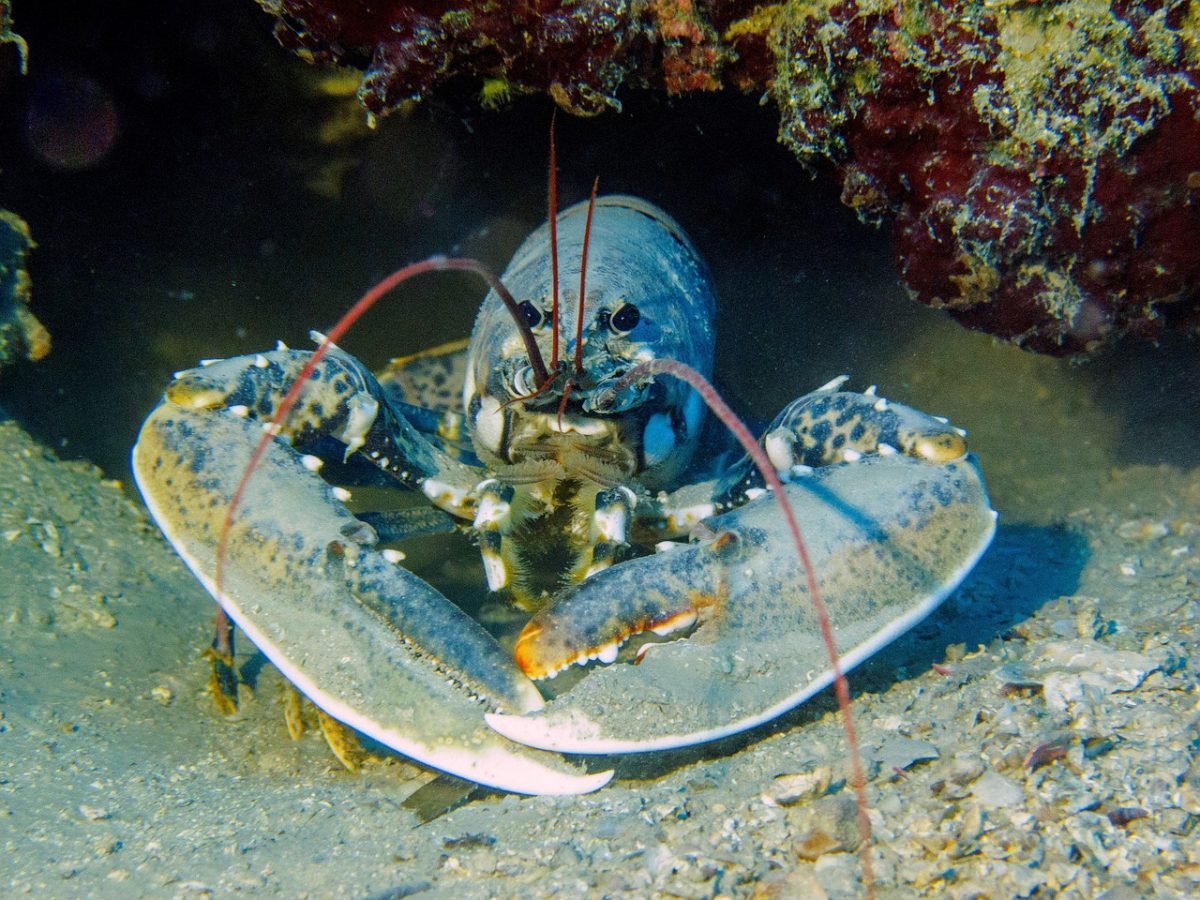


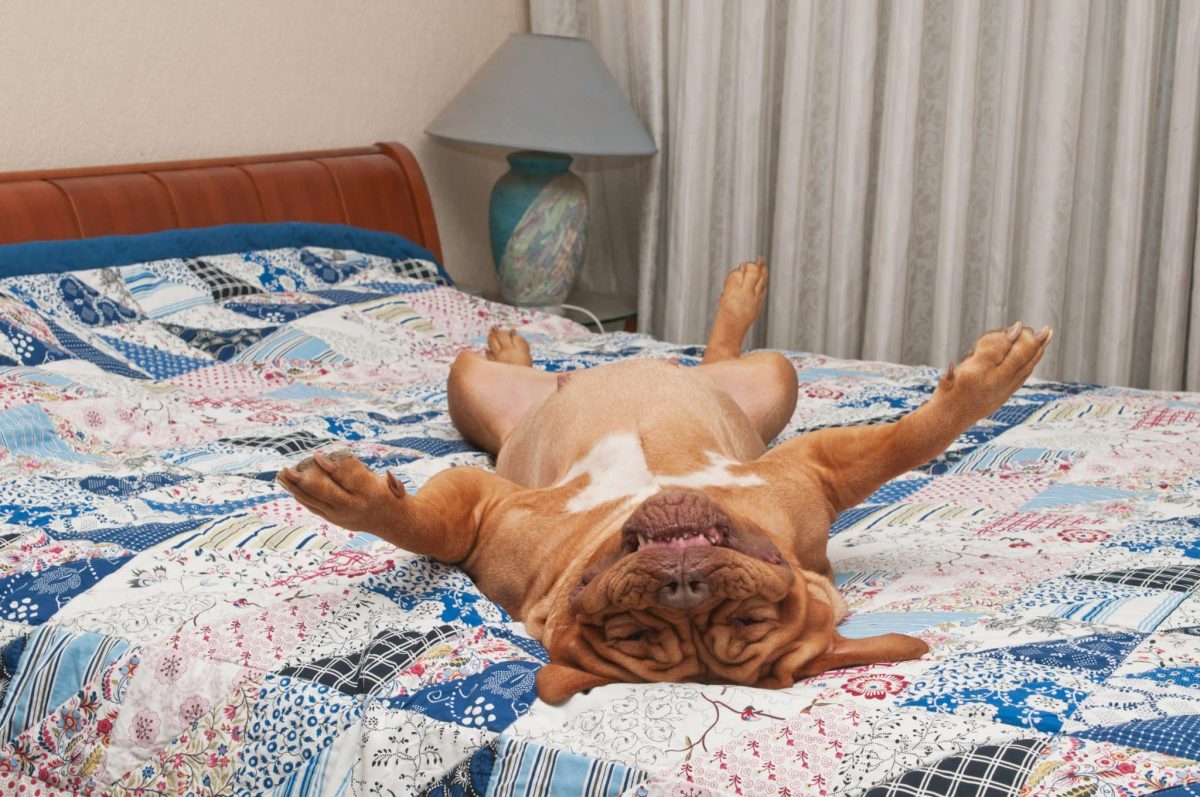

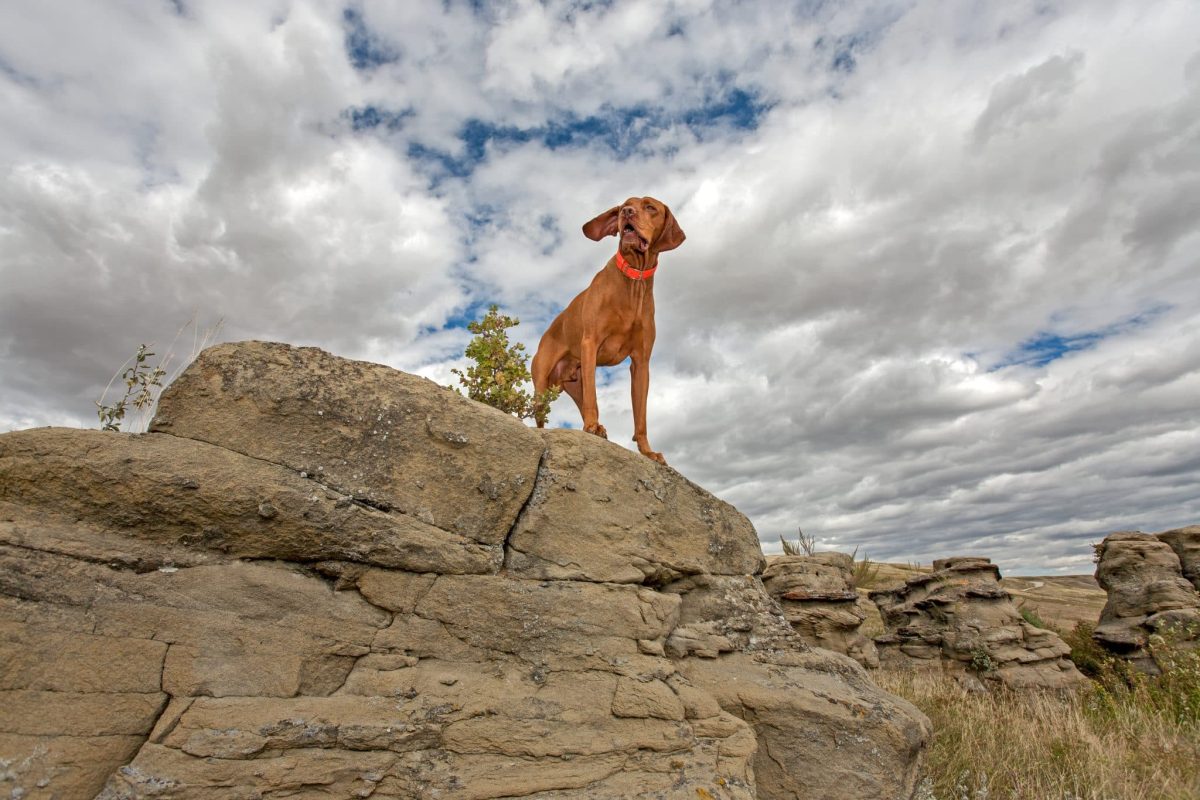
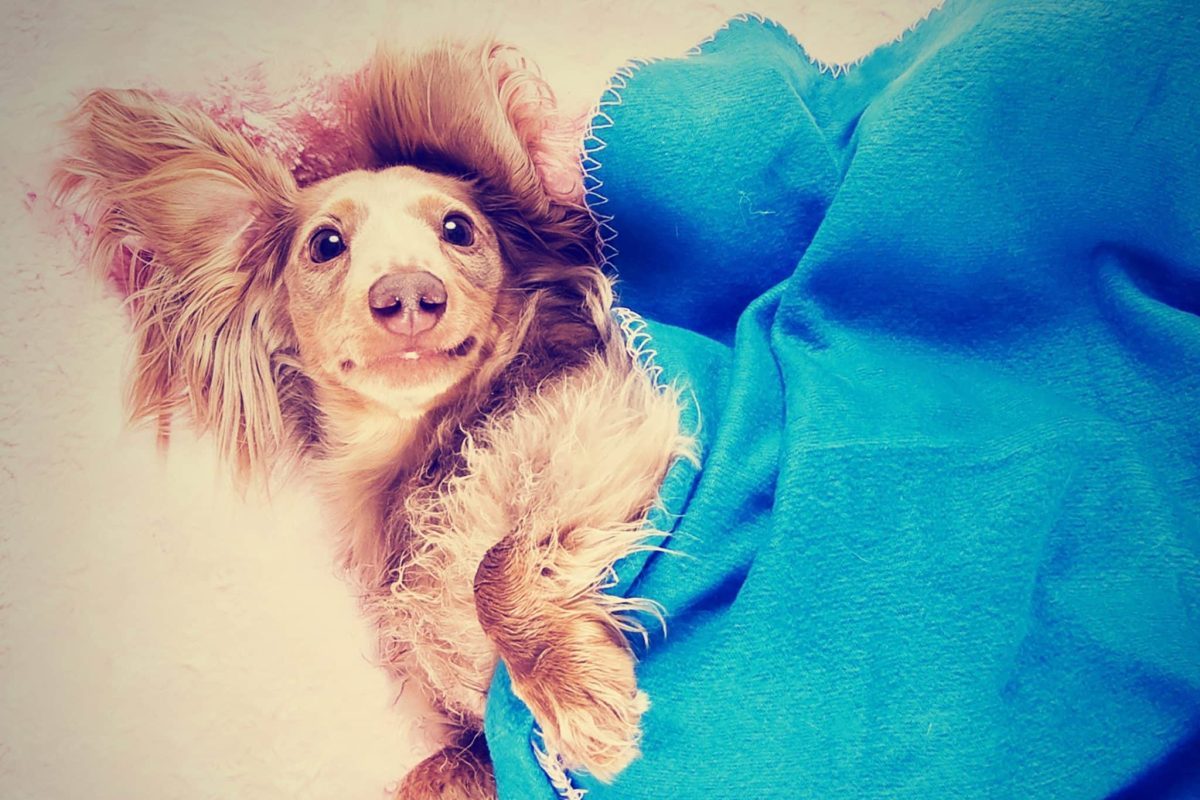
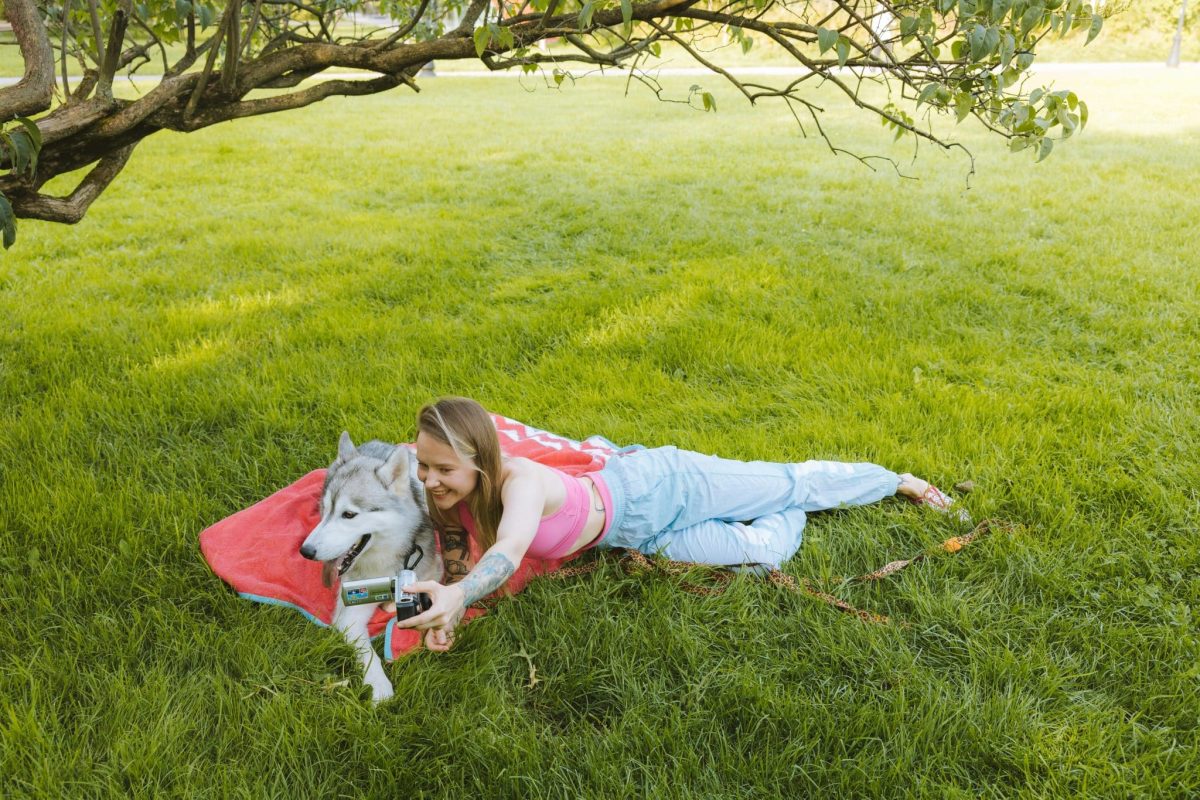
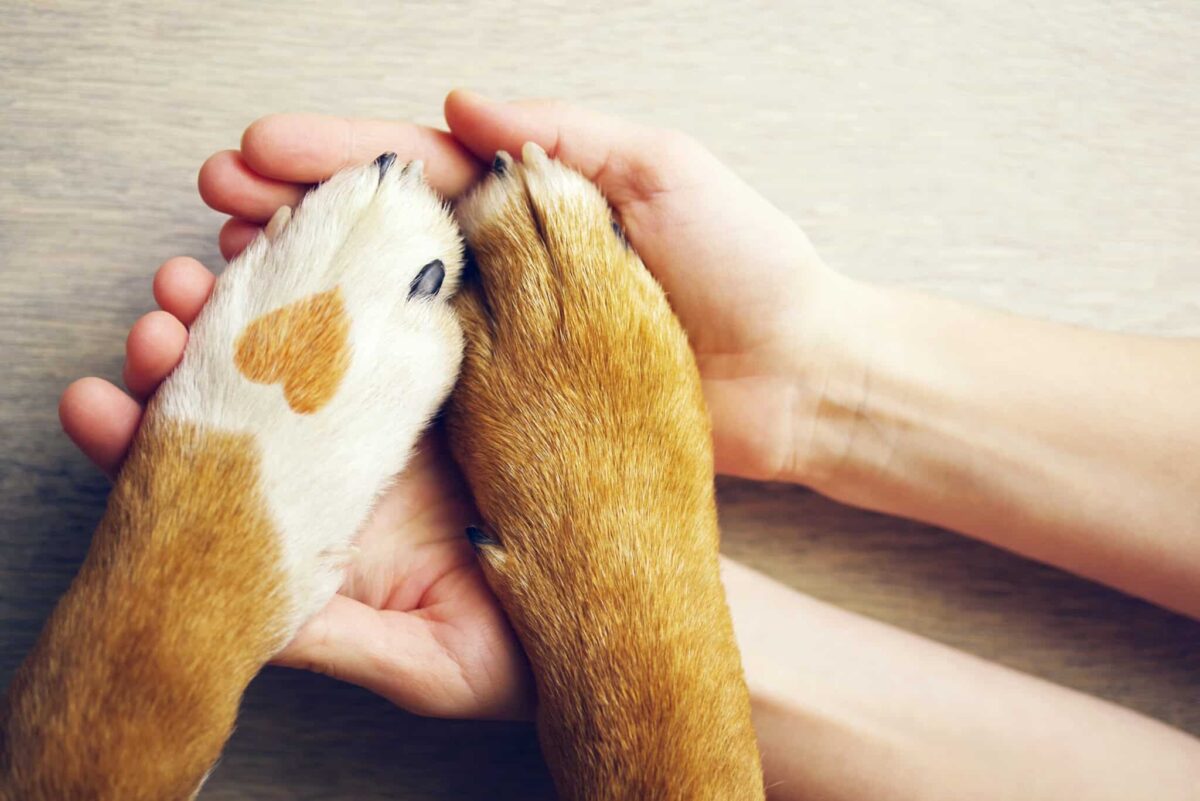
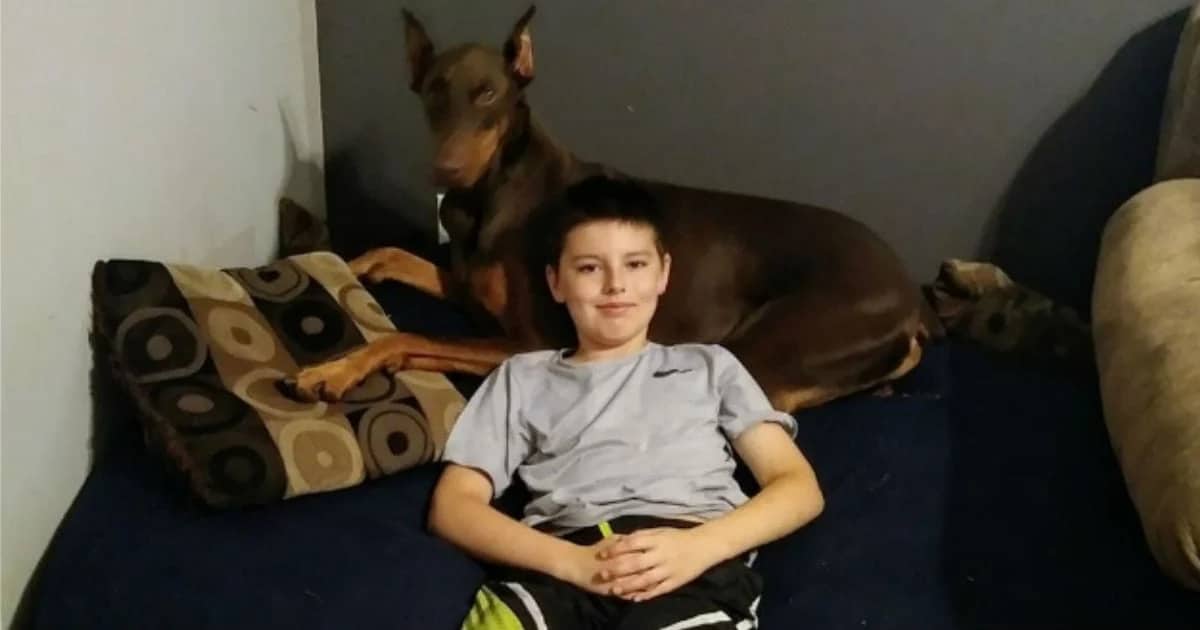

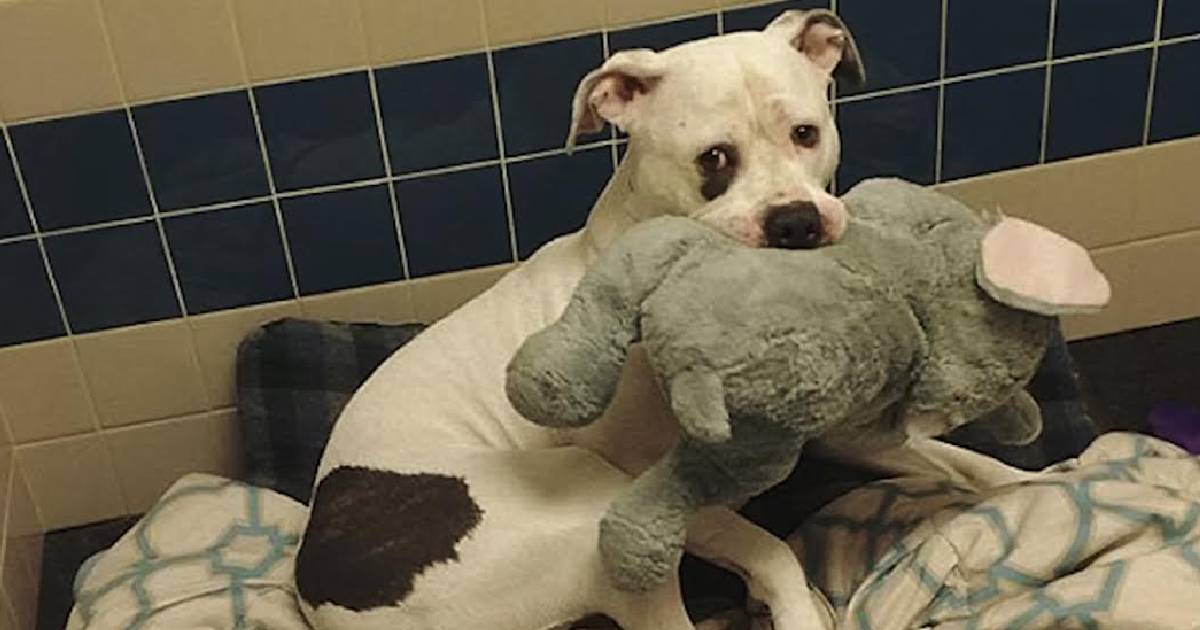
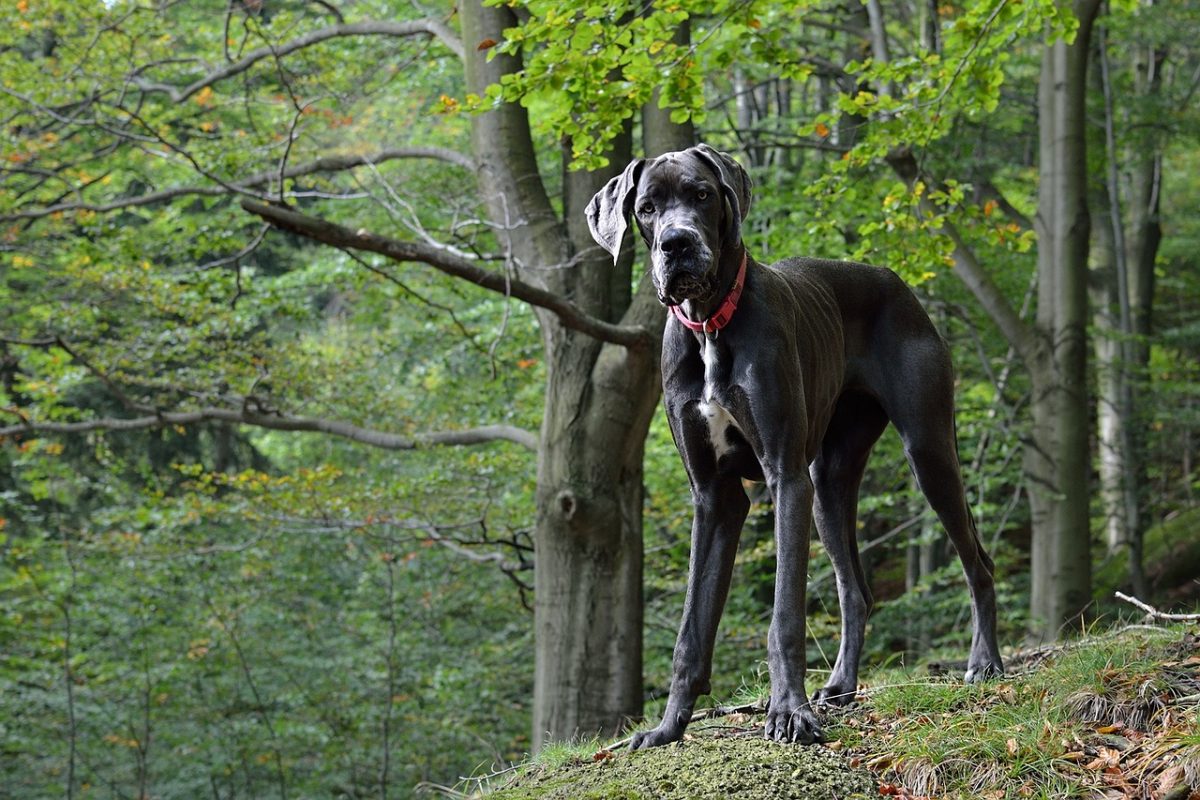
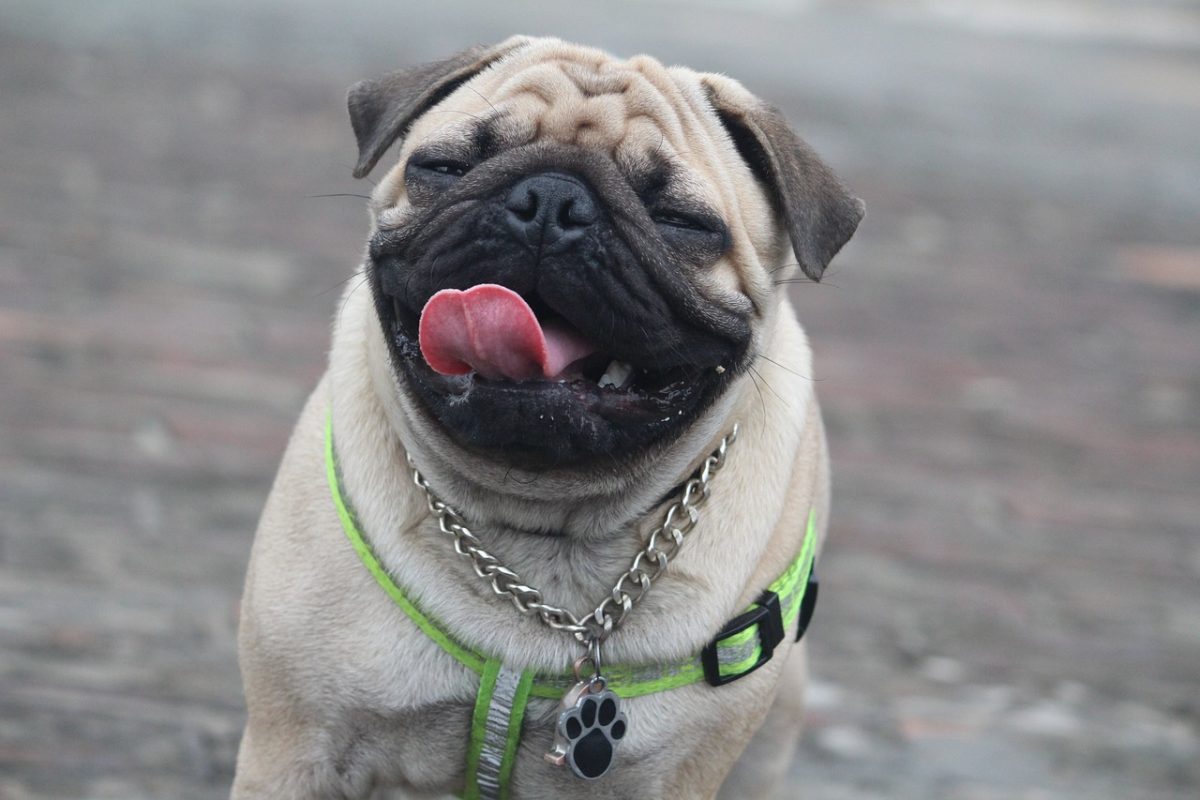
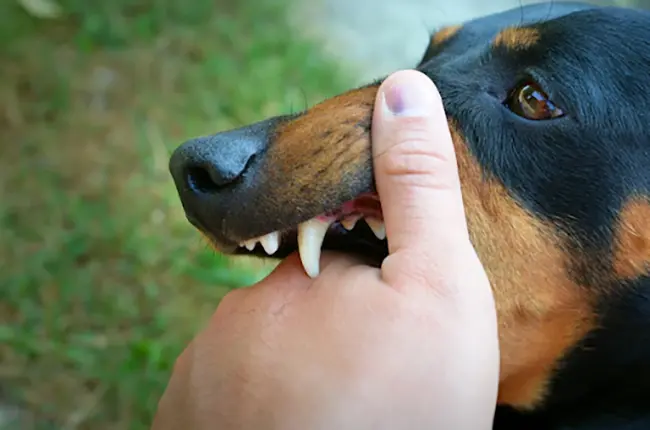
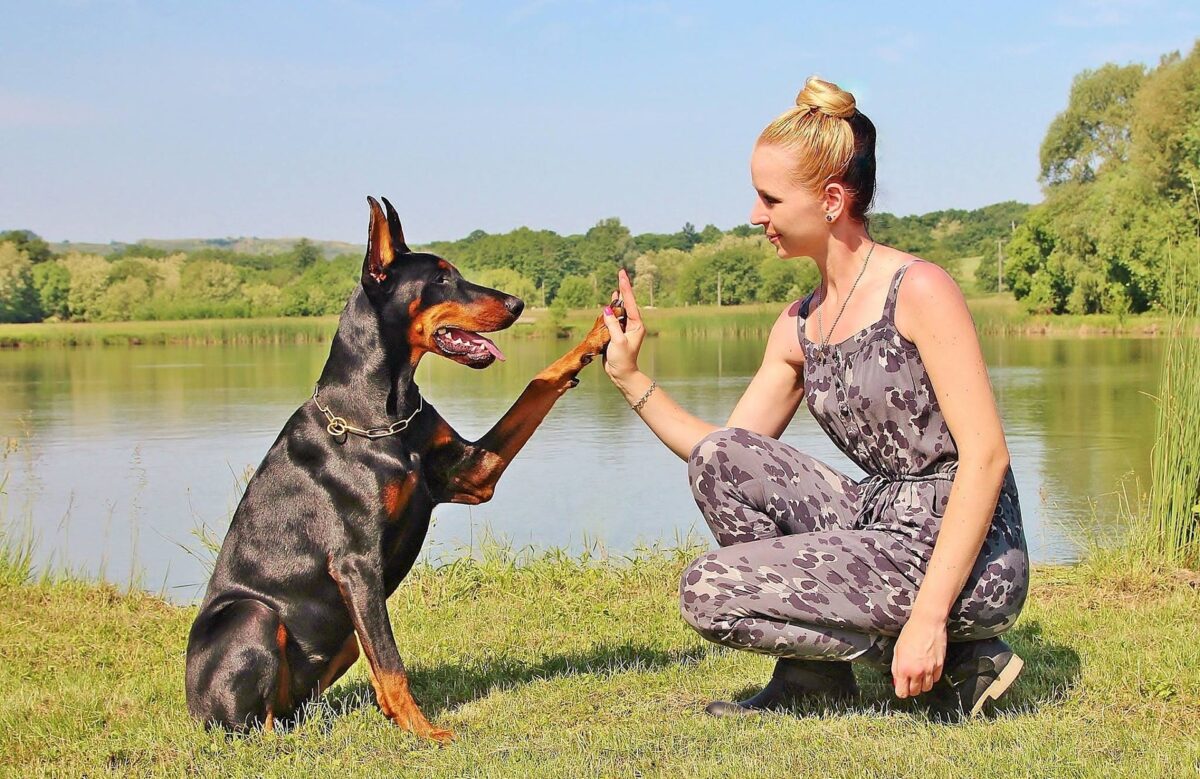
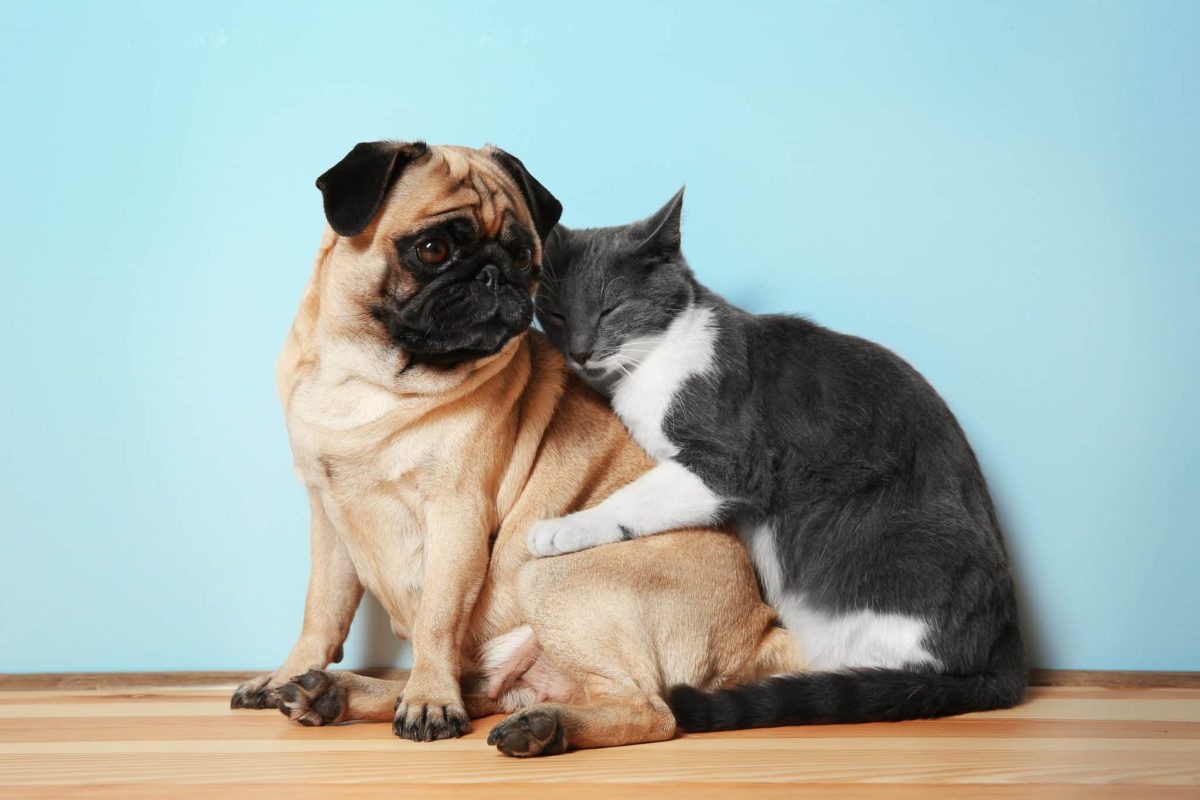
 English (US) ·
English (US) ·